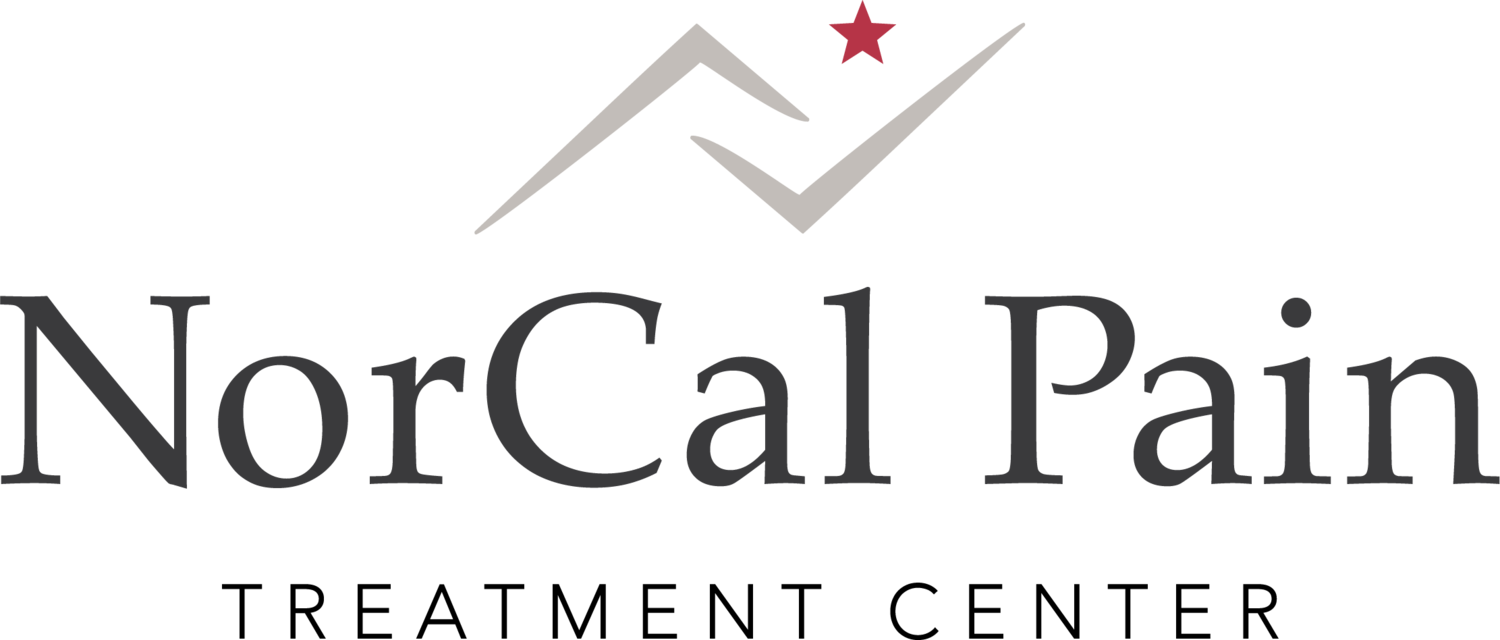Fibromyalgia: A Comprehensive Guide to Symptoms, Causes, and Effective Treatment (Copy)
Imagine waking up every day exhausted, in excruciating pain throughout your body, and unable to concentrate on even the most simple tasks. This is the reality for millions of people who have fibromyalgia, a chronic pain disorder that can have a significant impact on daily life. Are you one of them?
Fibromyalgia is a multifaceted condition marked by widespread musculoskeletal pain, accompanied by various symptoms such as fatigue, sleep disruptions, cognitive difficulties, and mood alterations. This article will give you an overview of fibromyalgia, including its symptoms, causes, and potential treatment options.
Symptoms of Fibromyalgia
Widespread Pain: People suffering from fibromyalgia frequently experience a persistent, dull ache throughout their bodies for at least three months. The pain commonly occurs bilaterally throughout the body, encompassing regions both above and below the waist.
Fatigue: Despite sleeping for long periods of time, people with fibromyalgia wake up tired. Sleep disturbances, such as restless legs syndrome and sleep apnea, are common in fibromyalgia patients.
Cognitive difficulties: A condition known as "fibro fog" can impair concentration, focus, and mental tasks, making it difficult to perform daily tasks effectively.
Associated Conditions: Fibromyalgia is frequently associated with other conditions such as irritable bowel syndrome, chronic fatigue syndrome, migraines, interstitial cystitis, temporomandibular joint disorders, anxiety, depression, and postural tachycardia syndrome.
Causes of Fibromyalgia
Nerve stimulation and chemical imbalances: Repeated nerve stimulation is thought to induce atypical alterations in the brain and spinal cord among individuals with fibromyalgia, potentially leading to chemical imbalances. This abnormality is characterized by elevated levels of certain pain-signaling chemicals in the brain. Furthermore, the brain's pain receptors become sensitized and overreact to both painful and nonpainful signals.
Genetic factors: Fibromyalgia frequently runs in families, implying a genetic proclivity for the disorder. Certain genetic mutations may make people more prone to developing fibromyalgia.
Infections and physical/emotional events: Certain illnesses or infections can cause or exacerbate fibromyalgia symptoms. Physical events such as car accidents and long-term psychological stress may also play a role in the development of fibromyalgia.
Risk Factors
Gender: Women are more likely than men to be diagnosed with fibromyalgia, indicating that gender plays a role in its prevalence.
Family history: Having a close family member with fibromyalgia, such as a parent or sibling, increases the likelihood of developing the condition.
Other disorders: If you have osteoarthritis, rheumatoid arthritis, or lupus, you are more likely to develop fibromyalgia.
Complications and Management
The pain, fatigue, and disrupted sleep associated with fibromyalgia can have a significant impact on an individual's ability to function both at home and at work. Dealing with an undiagnosed condition can lead to depression and anxiety.
While there is no known cure for fibromyalgia, NorCal Pain Treatment Center offers various management strategies that can help manage its symptoms. Medication, exercise, relaxation techniques, stress reduction, and sleep hygiene practices are examples of these. Seeking professional medical advice and pain assistance is essential when developing an individualized treatment plan.
In conclusion, if you or a loved one is experiencing fibromyalgia symptoms, it is important to seek professional medical help like NorCal Pain Treatment Center.
We can help in the development of an accurate diagnosis and a personalized treatment plan. Finding the right treatment options, whether it involves medication, therapy, lifestyle changes, or a combination of approaches, can significantly improve symptoms and improve quality of life. Remember that you are not alone in dealing with fibromyalgia.
Give us a call today to see how we can help with your fibromyalgia - (209) 448-3000

